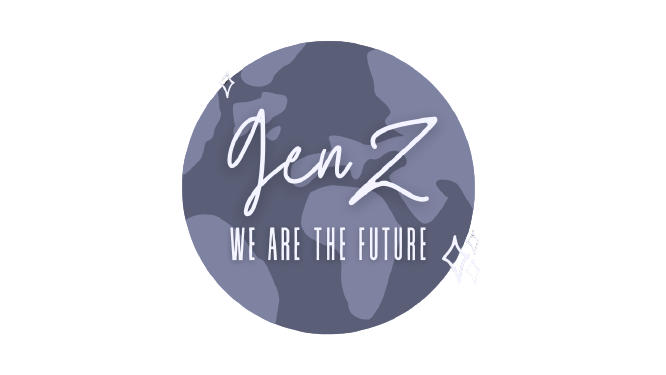[TW] Heteronormavity's Effect on LGBTQIA+ Youth
**TW/CW: sex, sexuality, STDs, suicide**
The concept of integrating every facet of our identities into the larger social structures of the world has been ingrained in us since we were children. Youth are indoctrinated with the belief that their failure to conform to society’s norms labels them as outcasts. As a result, LGBTQ+ youth who grow up in our heteronormative society are raised to believe that aspects of their identities are morally incorrect.
Heteronormativity is the belief that heterosexuality is the default sexuality. This invalidates all other sexualities because it perpetuates the concept that a person who identifies as anything other than heterosexual is an aberration from normalcy. Heteronormativity is ingrained into society. Firstly, childrens’ lack of exposure to the queer community stigmatizes the community and builds implicit biases. History classes do not teach queer history or discuss the contributions of the queer community to history. Information about the LGBTQIA+ community is omitted from textbooks. In some cases, students are actively discouraged from pursuing knowledge about queer history. Prejudice is oftentimes borne from ignorance; by limiting or prohibiting exposure to the LGBTQ+ community, adults are unwittingly establishing social constructs.
Another example of heteronormativity affecting youth is the exclusion of diverse perspectives in sexual education classes. A popular phrase when thinking of sex ed is “when a man and woman love each other very much…” This in itself perpetuates heteronormativity. It excludes the LGBTQ+ community, thereby teaching students that heterosexual couples are the standard for sex. Moreover, the information about STIs and STDs that is conveyed to students is extremely biased. For example, while students are lectured extensively about the dangers of chlamydia and gonorrhea, schools do not teach anything about AIDS and the methods of prevention.
Moreover, queer youth are more likely to have mental health issues or high levels of mental distress. They are also more susceptible to discrimination. The Trevor Project is a non-profit organization that advocates for mental health among LGBTQIA+ youth. According to its statistics reports, 40% of LGBTQ+ youth have contemplated suicide over the course of the past year. 40% of youth who identify as something other than cisgender have reported physical threats or discrimination based on their gender identity. Only 36% of queer youth report that their workplaces are LGBTQ+ affirming. Due to the heteronormative structure of society, the youth in question have less access to mental wellness resources and healthcare.
Legislators are currently attempting to pass bills that would restrict the rights of queer youth. Despite the fact that the LGBTQIA+ community is primarily and directly affected by these pieces of legislation, lawmakers are refusing to listen to or even acknowledge the voices of queer youth. From the passage of “bathroom bills” and sports legislation- both of which discriminate against transgender students- to granting healthcare workers the ability to refuse service to patients based on sexual orientation or gender identity, legislators have attempted to strip the queer community of its rights. This disenfranchisement of LGBTQIA+ youth can be attributed to heteronormativity because it popularizes the belief that cisgender and heterosexual members of society deserve more rights than those who are not cisgender and heterosexual.
In conclusion, heteronormativity has led to discrimination against queer youth. Lack of exposure to the queer community leads to prejudice and ignorance surrounding topics that directly impact the welfare of LGBTQIA+ youth. The education system also fails to acknowledge the queer community. In doing so, they effectively invalidate queer history and the experiences of queer youth across the globe. By educating ourselves on the dangers of conforming to heteronormativity, we can make the world a safer place for all, regardless of gender identity or sexual orientation.

